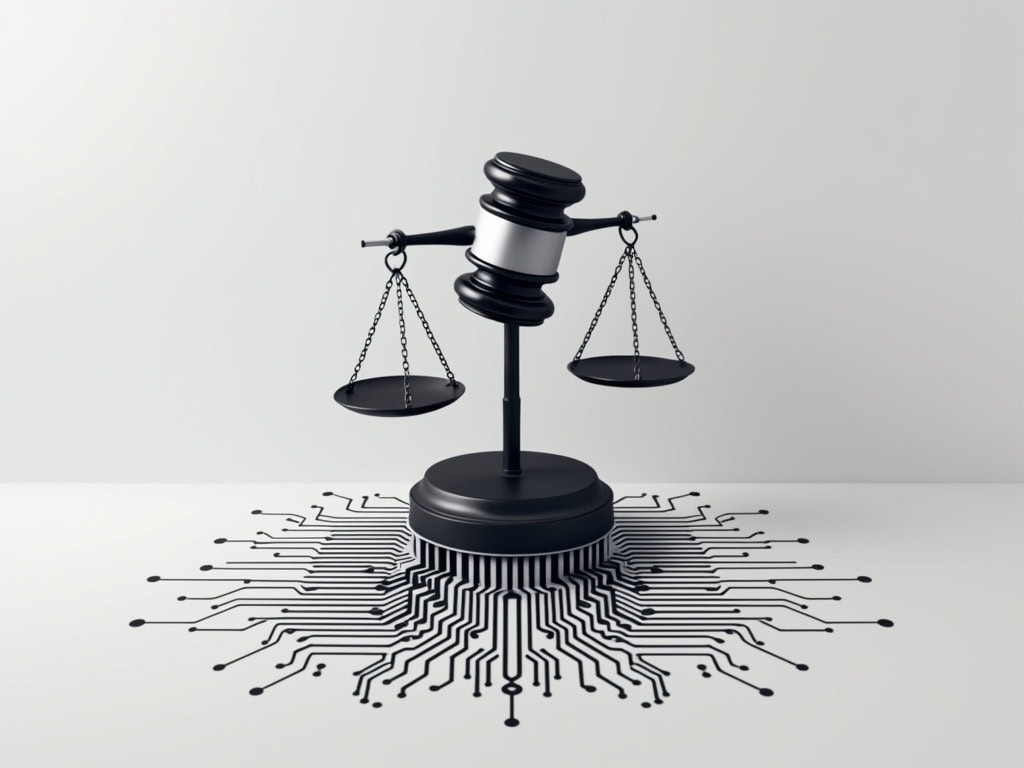Copyright Risks in AI Development: Key Concerns and Implications for Industry Compliance

Copyright Office Warns of Legal Risks Throughout AI Development Process
The U.S. Copyright Office has issued a comprehensive report highlighting significant copyright infringement risks at every stage of generative AI development, challenging common industry practices and defenses. The pre-publication report responds to growing public and congressional concerns about emerging risks and challenges of AI implementation in business.
Legal Implications and Industry Impact
The report's findings could reshape how AI companies approach data collection and model training, with potential implications for the entire AI industry. While not legally binding, the document provides guidance that may influence future legislation and court decisions, particularly as organizations explore the transformative business benefits of artificial intelligence.
Critical Areas of Copyright Concern
The Copyright Office identified four major areas of concern in the AI development pipeline: data collection, model training, retrieval-augmented generation (RAG), and output generation. Each stage potentially violates copyright laws in different ways.
Data Collection and Training Risks
During data collection and curation, the mere act of copying works into training datasets may constitute potential copyright infringement issues similar to other digital platforms. The training process itself raises additional concerns, as it requires multiple reproductions of copyrighted works and may embed copies within model weights.
"The training process also implicates the right of reproduction," the report states, noting that even temporary copies made during training could violate copyright law.
Industry Defense Challenges
The Copyright Office specifically challenges two common industry defenses:
• The argument that AI training doesn't involve copying
• Claims that AI learning is analogous to human learning and therefore transformative
The report explicitly disagrees with the notion that AI training is automatically transformative simply because it resembles human learning processes. While acknowledging some AI training uses may be transformative, the office takes a more nuanced view of fair use applications.
Output and Reproduction Concerns
Perhaps most concerning for AI companies is the report's discussion of model outputs. The Copyright Office cites examples where AI systems have produced "near exact replicas" of copyrighted content, including:
• Movie stills
• Copyrightable characters
• News story text
Such reproductions likely infringe both reproduction rights and derivative work rights, according to the report. For more detailed information about copyright implications in AI development, readers can reference the U.S. Copyright Office's official guidelines.
The report's findings suggest a need for significant changes in how AI companies approach copyright compliance. As the industry continues to evolve, developers and companies must balance innovation with legal requirements to avoid potential copyright infringement claims.

